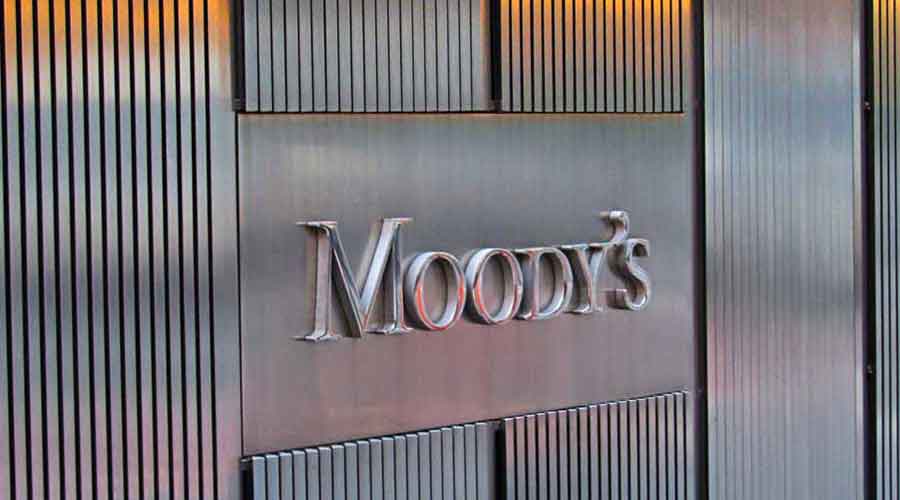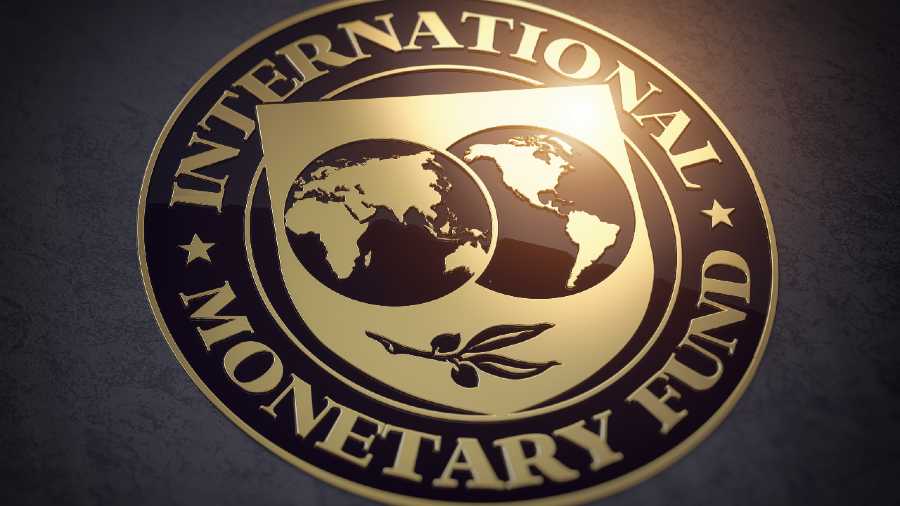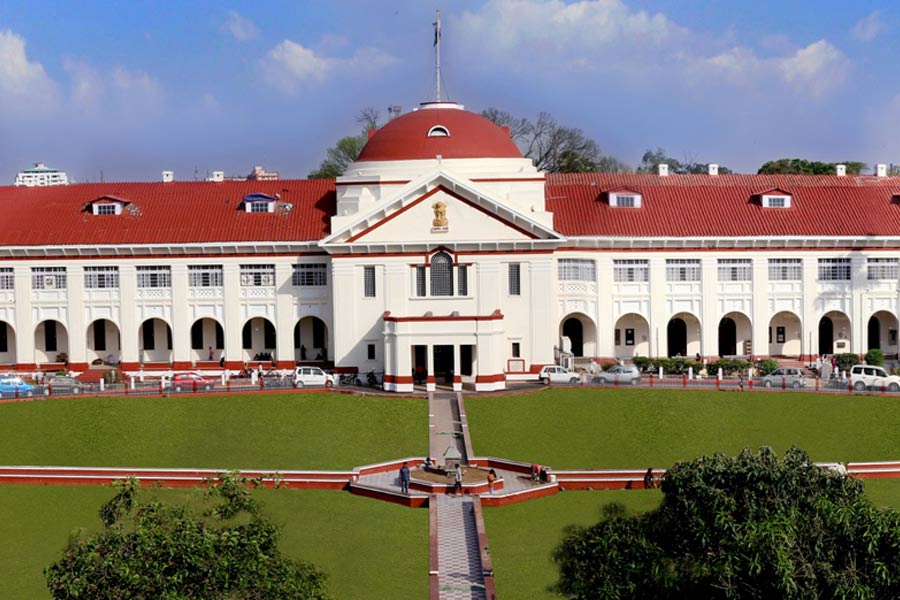Moody's on Friday slashed India's GDP growth projection for 2022 to 7 per cent on expectation that global slowdown and high domestic interest rates would dampen economic momentum.
This is the second time in as many months that Moody's Investors Service has cut India's growth estimates for 2022. In September, it had cut projection for the year to 7.7 per cent from 8.8 per cent pegged in May.
For India, the 2022 real GDP growth projections have been lowered to 7 per cent from 7.7 per cent. The downward revision assumes higher inflation, high interest rates and slowing global growth will dampen economic momentum by more than we had previously expected, said the Global Macro Outlook 2023-24.
Moody's expects growth to decelerate to 4.8 per cent in 2023 and then to rise to 6.4 per cent in 2024.
The Indian economy grew 8.5 per cent in 2021 calender year, according to Moody's. As per official GDP estimates, the economy expanded 13.5 per cent in April-June 2022-23, higher than 4.10 per cent growth clocked in January-March. GDP figures for September quarter would be released at the end of this month.
Moody's said the weakening of the rupee and high oil prices continue to exert upward pressures on inflation, which has remained above the RBI's tolerance level of 6 per cent for much of this year.
Retail inflation increased to 7.41 per cent in September, while wholesale inflation remained in double digit for the 18th straight month at 10.7 per cent.
The central bank has hiked interest rates by 190 basis points between May and September to 5.90 per cent to contain inflation.
Moody's expects the RBI to raise the repo rate by another 50 basis points or so as part of its objective to tame inflation and support the exchange rate.
Eventually, the RBI will likely shift from inflation management to growth considerations, provided that the rate increase has the desired effect of taming inflation, it said.
Moody's joins a host of agencies which have slashed India's economic growth projections for current fiscal year (April-March) citing slowdown in global economy, Russia-Ukraine war, rising interest rates and inflation.
While the World Bank has revised down its growth estimate for India by 100 basis points to 6.5 per cent, IMF has trimmed it to 6.8 per cent from 7.4 per cent. The Asian Development Bank too has cut its projection to 7 per cent, from 7.5 per cent earlier.
S&P Global Ratings revised down its growth forecast to 7.3 per cent for current fiscal year from 8.7 per cent. The RBI expects economic growth at 7 per cent for this fiscal year.
Moody's said the underlying growth dynamics are fundamentally strong, boosted by a rebound in services activity. Government capital expenditure and manufacturing capacity utilization have also improved.
September exports are down from the peak in March, but they are still around 30 per cent above the pre-pandemic level. Non-food credit growth shows solid momentum, it said.
The private sector is now well-positioned to increase capex spending. Also, the Production Linked Incentive Scheme to attract investment in 14 key manufacturing sectors is showing results, the rating agency noted.
"While these domestic strengths will continue to support the domestic growth narrative, global financial tightening and slowing external demand will pose downward pressure on growth in 2023," Moody's said.
It said several mitigating factors will support growth in large emerging market economies. Domestic pent-up demand will continue to support reopening momentum. Services activity has rebounded strongly in countries, including India. "With demand in G-7 (group of 7 developed nations) countries weakening, large domestically driven emerging economies such as India and Brazil will likely be less vulnerable to slowing trade growth than will export-oriented countries," it added.
Moody's said the global economy is on the verge of a downturn amid extraordinarily high levels of uncertainty amid persistent inflation, monetary policy tightening, fiscal challenges, geopolitical shifts and financial market volatility.
Global growth will slow in 2023 and remain sluggish in 2024. Still, a period of relative stability could emerge by 2024 if governments and central banks manage to navigate their economies through the current challenges, Moody's added.
It projected GDP growth of G-20 economies to decelerate to 1.3 per cent in 2023, significantly lower than its previous estimate of 2.1 per cent.











